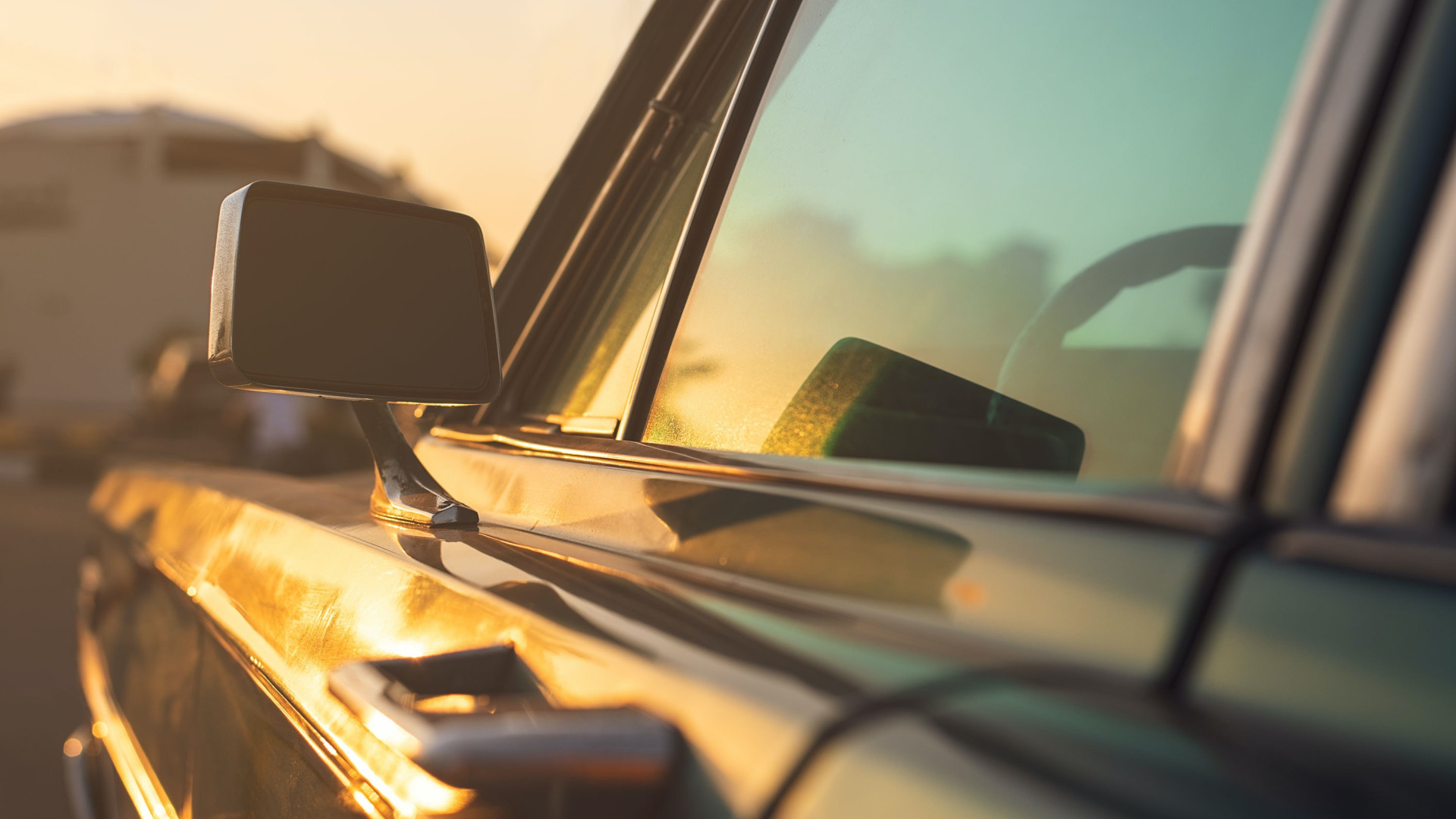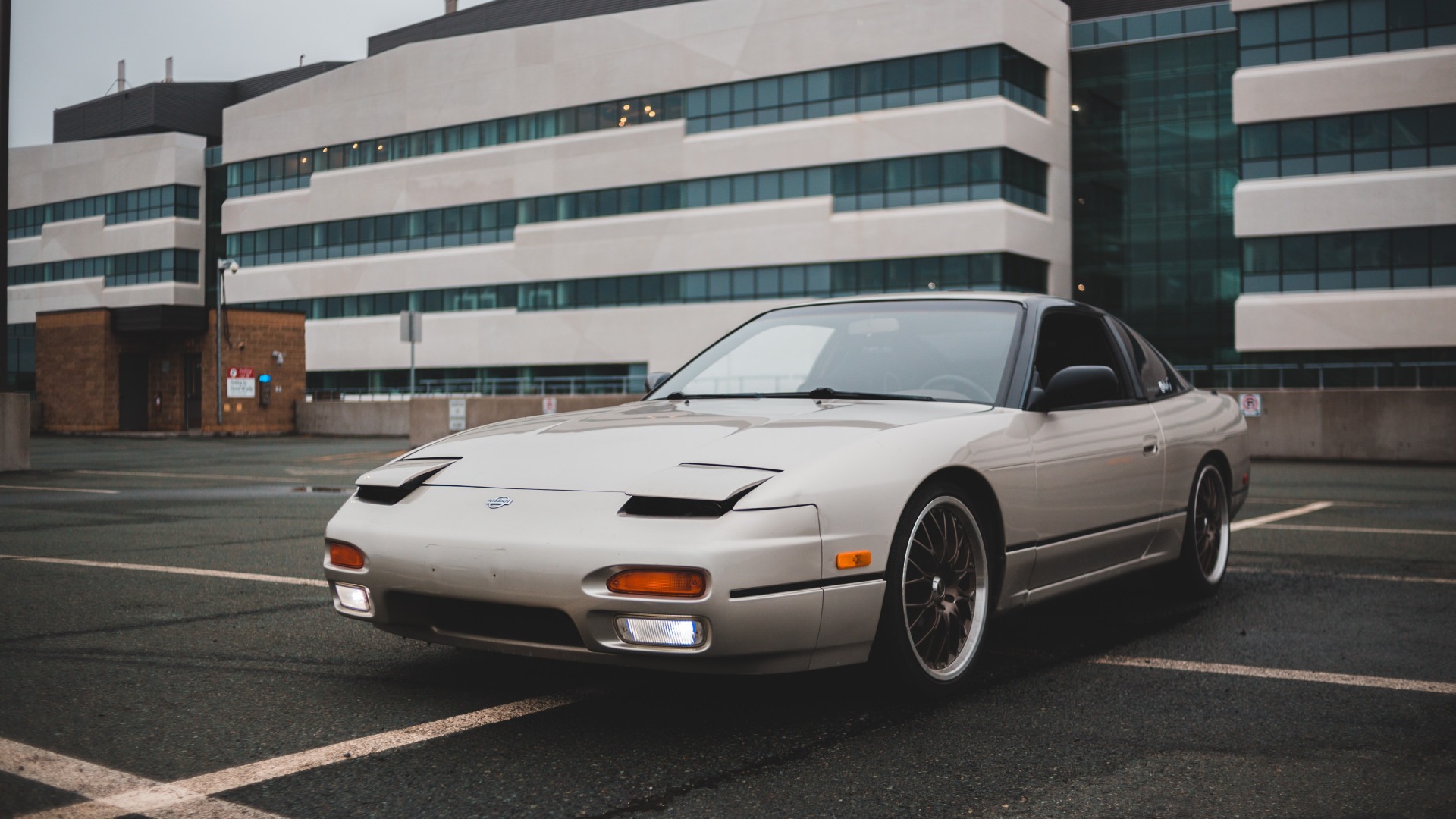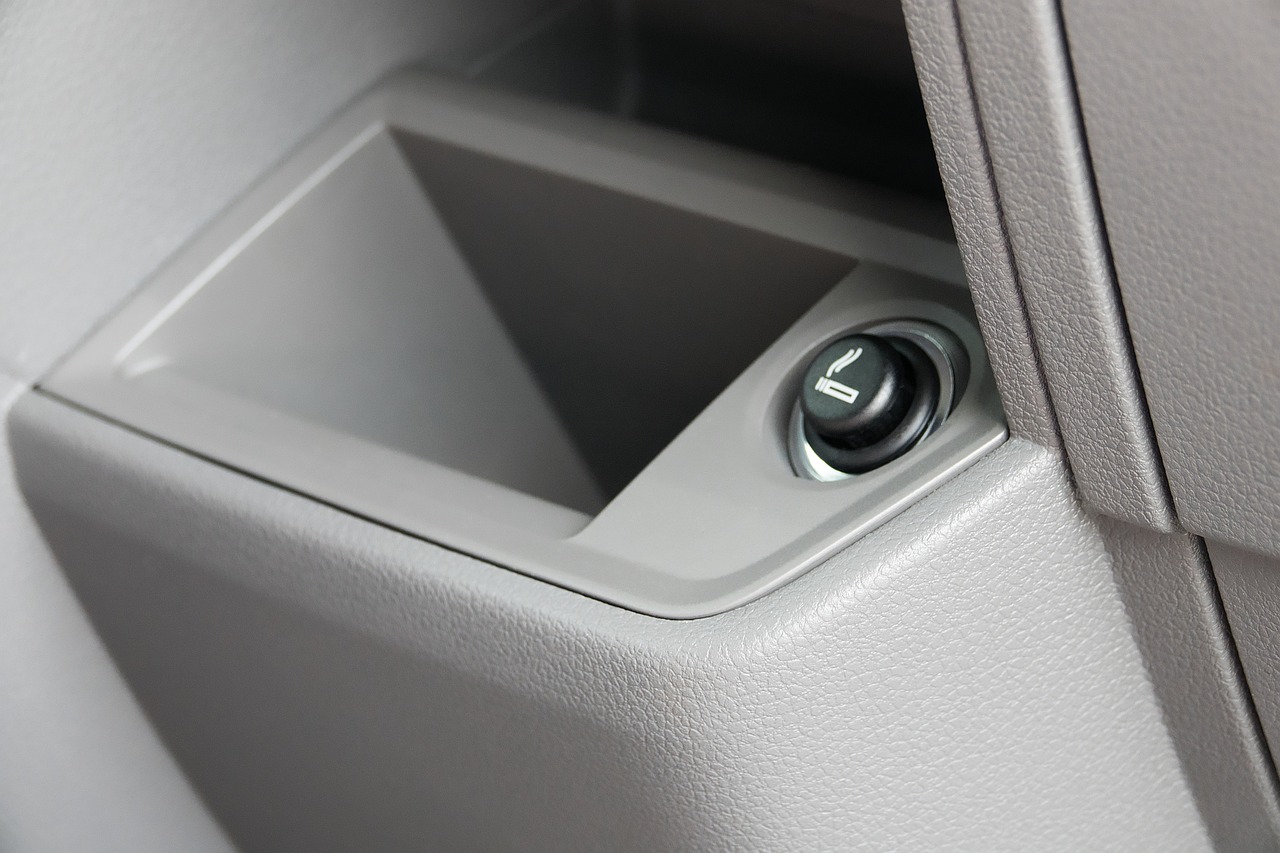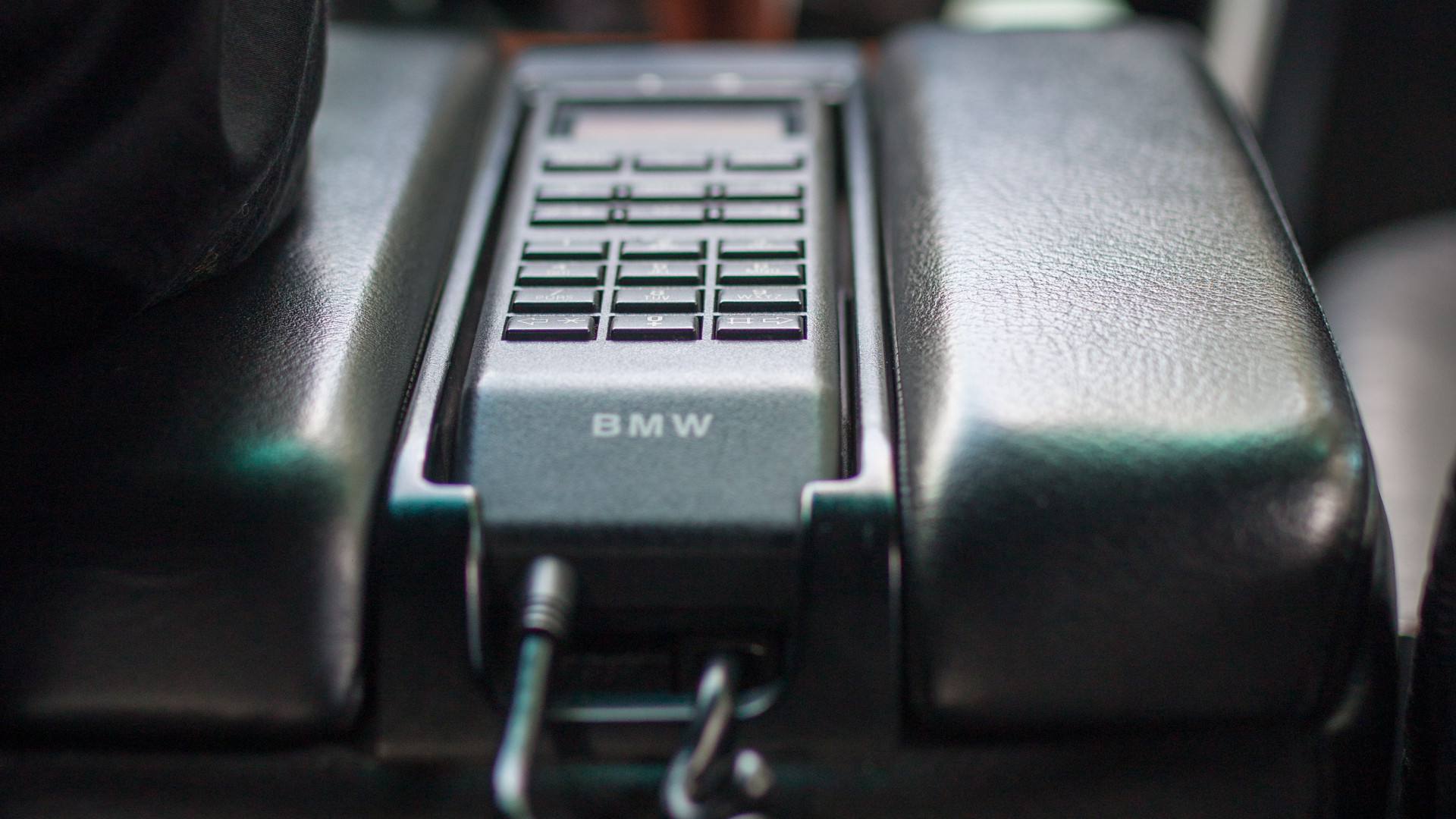In today's world of constant technological innovation, it's easy to marvel at the smart vehicles lining our roads. Our cars can park themselves, virtually eliminate blind spots, and keep us entertained with advanced infotainment systems. But while these features surely impress, it's interesting to take a trip down memory lane and appreciate the unique elements of the cars that came before. Automobiles have evolved largely due to shifts in technology, design aesthetics, and safety regulations. Let's explore five cool retro car features that are increasingly rare today.
1. Bench Seats
The bench seat was a staple of older cars, especially during the 1950s and 60s. This one-piece front seat, reminiscent of park benches, allowed seating for three people, promoting a sense of closeness that is mostly absent in today's cars. Moreover, the space beneath these seats was often used for additional storage. With the introduction of bucket seats and central consoles featuring controls and additional storage, bench seats faded into history, their charm now only experienced in vintage automobiles.
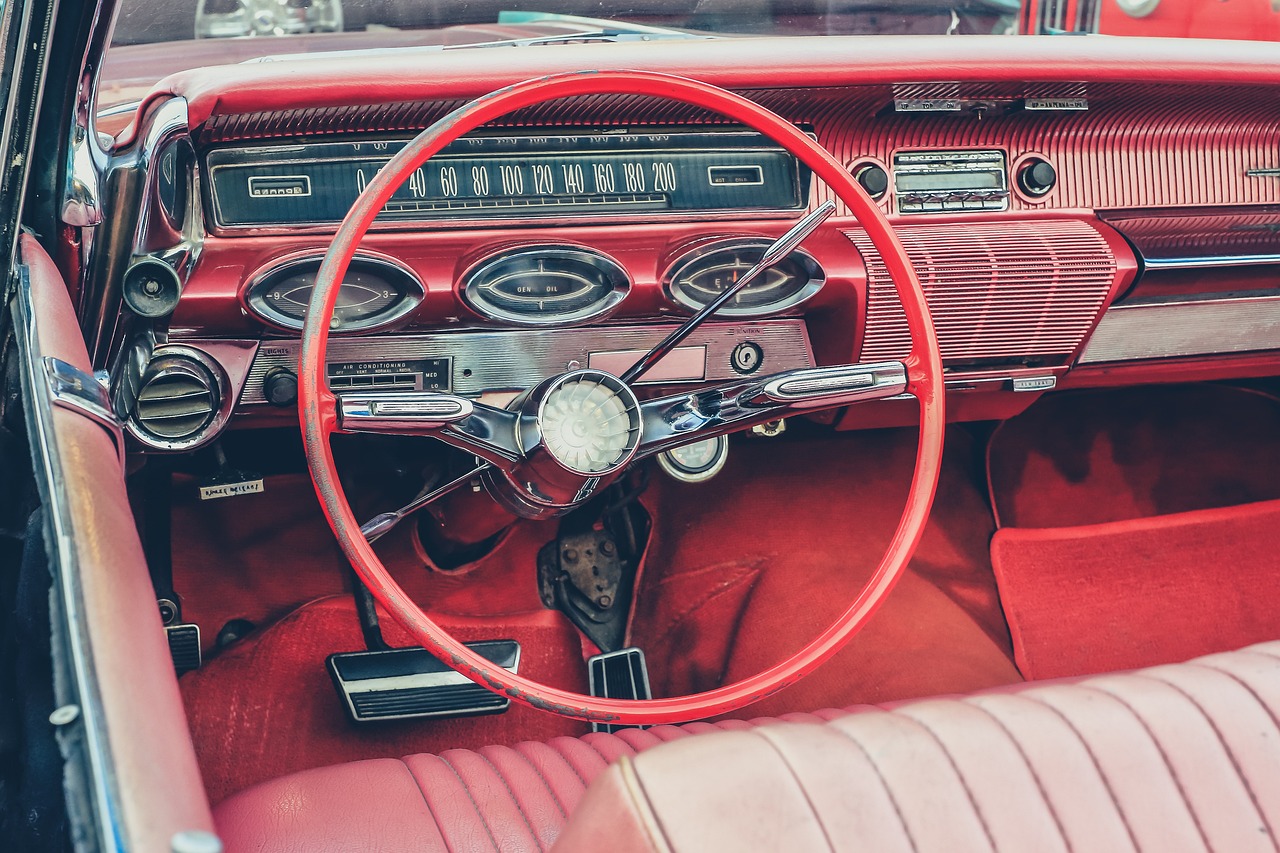 Image by sippakorn yamkasikorn from Pixabay
Image by sippakorn yamkasikorn from Pixabay
2. Manual Window Cranks
In a world where almost everything is automatic, it's easy to forget the satisfaction of winding down a car window manually. Manual window cranks were a common feature in cars until the advent of electric windows. These cranks were typically located on the door panel, within easy reach of the driver or passengers. With a few wrist turns, you could control the airflow into the car. Though less convenient than their electric successors, these manual cranks had simple reliability. They were immune to electrical faults. Despite their departure from most modern vehicles, winding down a window manually remains a tangible, visceral pleasure when driving classic cars.
3. Pop-Up Headlights
Pop-up headlights, introduced in the 1930s, were a stylish and aerodynamic feature on many sports cars through the 1990s. By day, they were hidden within the car's body, maintaining a sleek, streamlined appearance. By night, they'd pop up to illuminate the road ahead. However, the rise of more efficient, compact lighting technology, coupled with new safety standards, led to the disappearance of this charming feature.
4. Ashtrays and Lighters
Remember when cars came with built-in ashtrays and cigarette lighters? These were standard features in most vehicles until smoking's popularity began to wane and awareness of its health risks increased. Modern cars have replaced these features with cup holders and USB ports, reflecting the shift in societal habits and preferences. Still, the presence of these features in classic cars provides a unique insight into the past.
5. In-Car Telephones
Long before the advance of smartphones and Bluetooth connectivity, in-car telephones were the epitome of luxury and high-tech innovation in vehicles. These were essentially mobile landlines, installed into the car's center console or armrest, that allowed drivers to make and receive calls while on the go. This feature gave the vehicle an air of prestige, as it was associated with high-powered businesspeople and celebrities.
In sum, while we appreciate the comfort, convenience, and safety of modern vehicles, there's a certain charm and sense of nostalgia that comes from the features of classic cars. As we admire these retro elements, we're reminded of how far we've come in automotive design and technology, and it makes us ponder what interesting features the future might hold.


